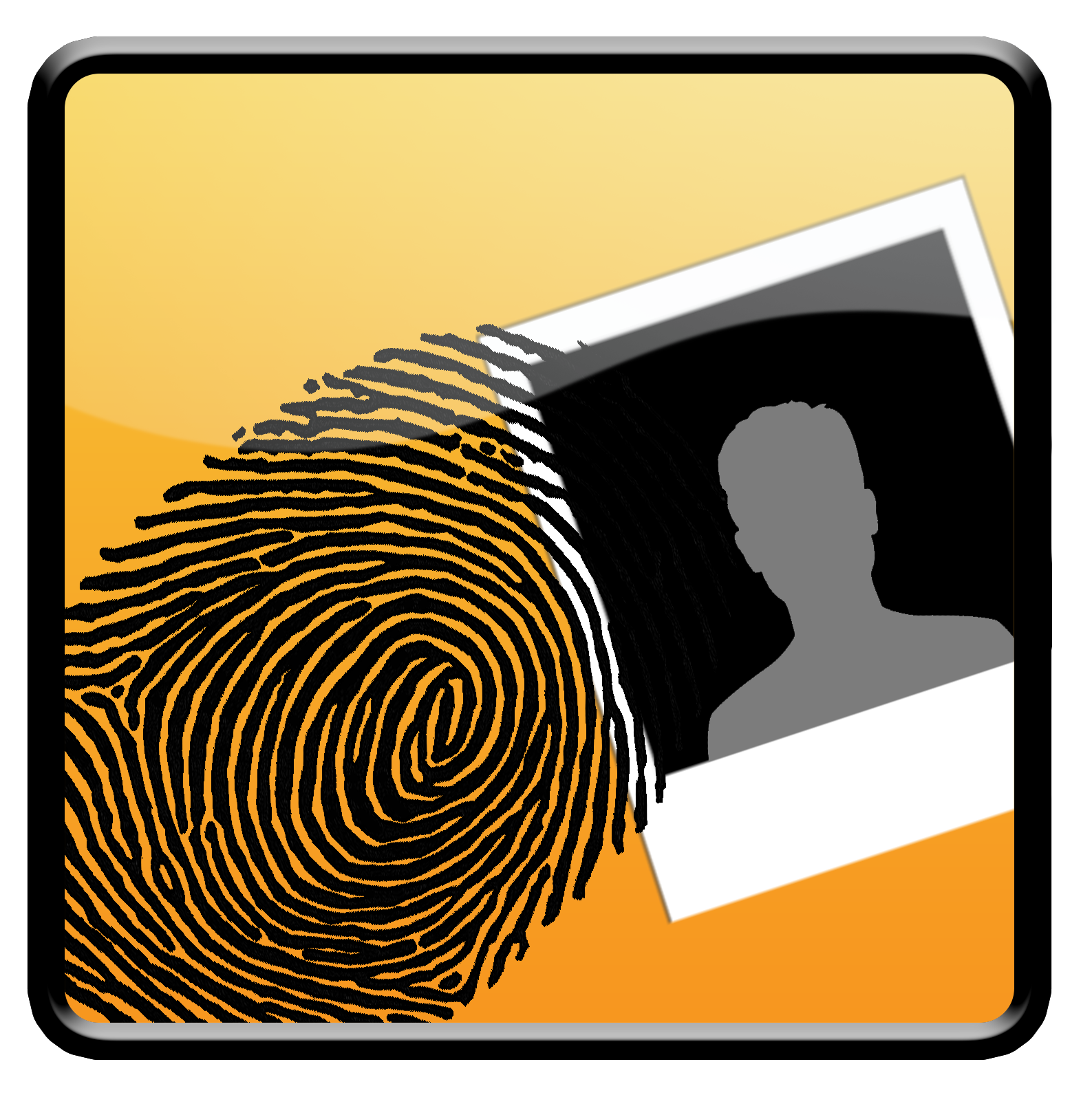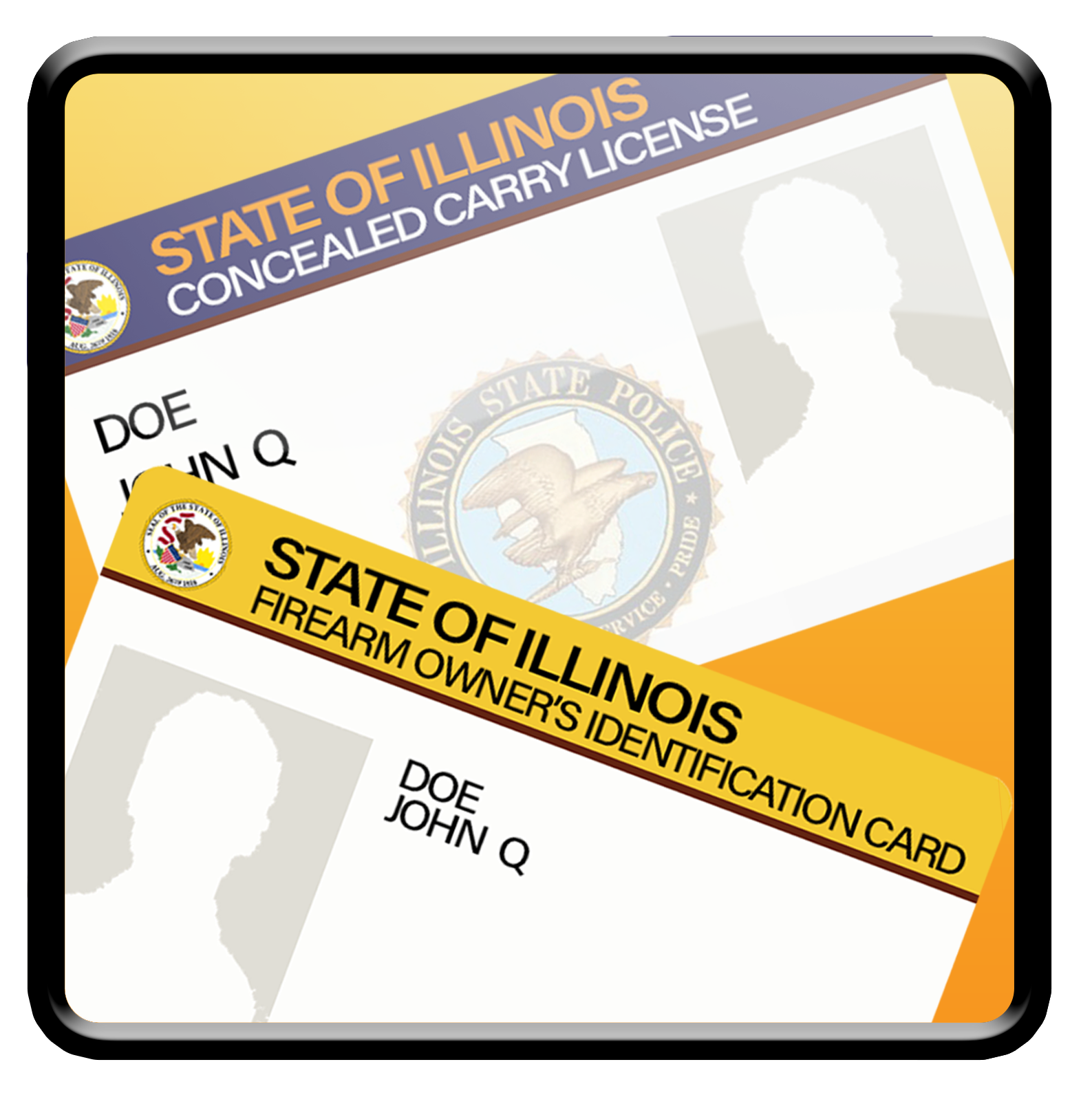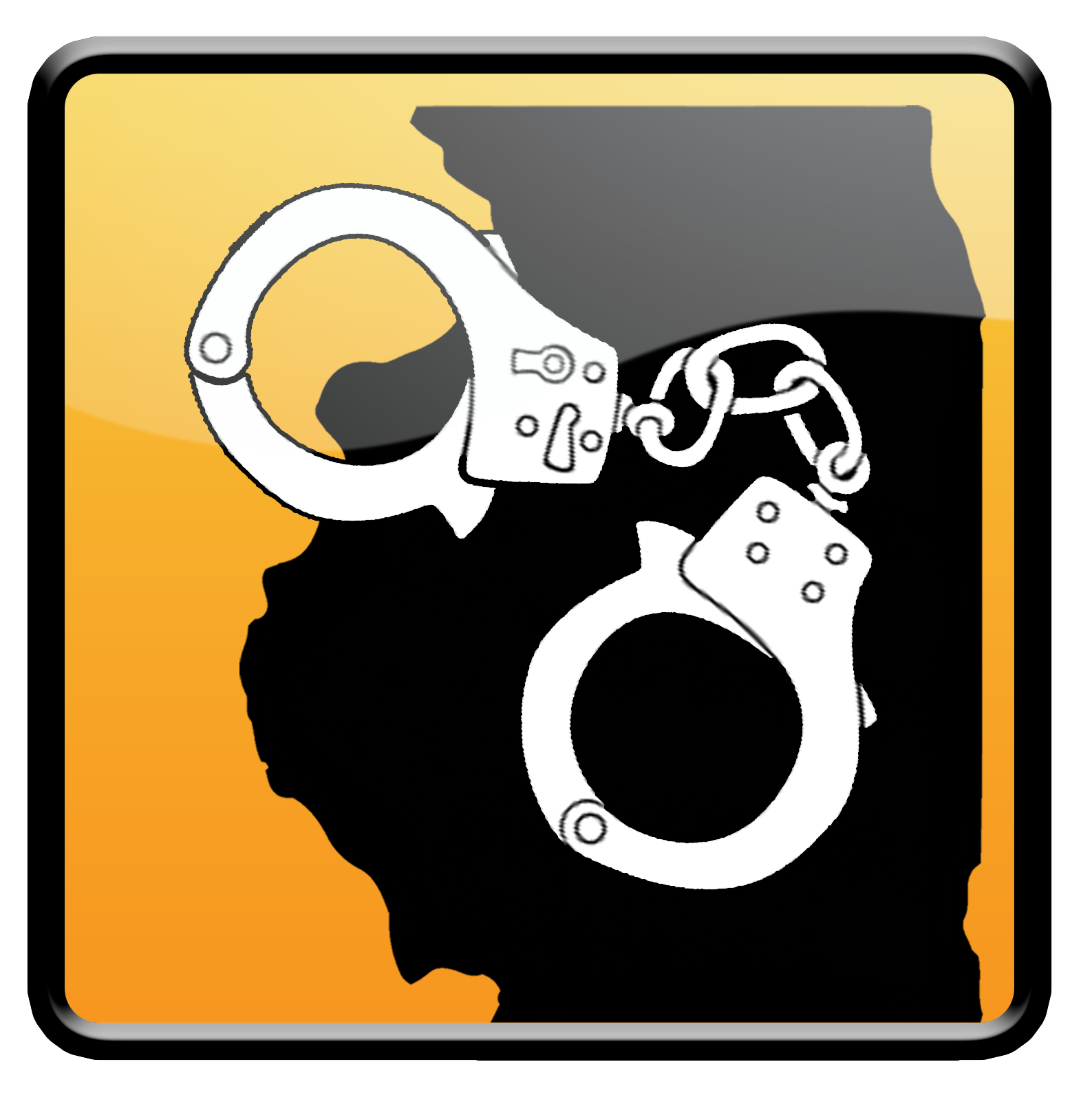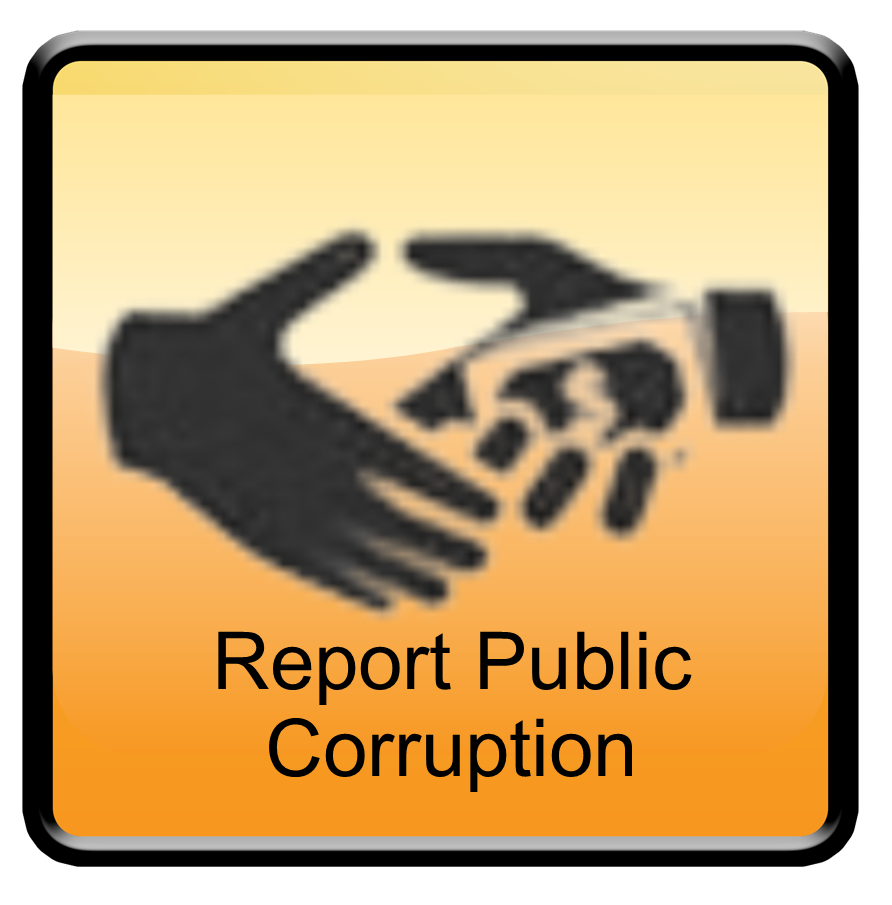ILLINOIS STATE POLICE INITIATING FORENSIC SERVICES IMPROVEMENTS
ILLINOIS STATE POLICE INITIATING FORENSIC SERVICES IMPROVEMENTS
SPRINGFIELD, Ill. – Governor JB Pritzker and Acting Illinois State Police (ISP) Director Brendan Kelly are pleased to announce several initial steps to strengthen the Illinois State Police Division of Forensic Services (DFS). The mission of the ISP DFS is to deliver complete, accurate, and timely crime scene evidence collection and forensic analysis to every law enforcement agency within the state. With six labs, and nearly 500 forensic services personnel completing over 70,000 forensic assignments every year, the ISP operates one of the largest lab systems in the country.
“More often than not, justice would not happen in many cases in this state without forensic scientists and even before taking office, the Governor made it clear that fixing unacceptable forensic backlogs is a top priority,” said Kelly. “As we move forward faster, our initial steps are focused on accountability, transparency, evidence-based processes, manpower, and technology to reduce turnaround time for consumers of forensic services.”
ACCOUNTABILITY
On March 1, 2019, Kelly appointed Assistant Deputy Director (ADD) Robin Woolery of Forensic Services. For over a decade, ADD Woolery has worked for the ISP’s Forensic Science Command. Collectively, ADD Woolery offers over 26 years of experience in forensics, including with the Iowa Division of Criminal Investigation and the U.S. Drug Enforcement Administration.
“Forensic scientists now play an indispensable role in our criminal justice system. It is critical our agency place those with specific knowledge, expertise, and experience in positions of leadership to drive credible peer accountability,” continued Kelly.
Forensic Services command staff have also begun command “accountability meetings” with lab directors and bureau chiefs of each forensic discipline to regularize continued progress in reducing turnaround time based on more accurate data from the new Laboratory Information Management System (LIMS) and best practices in the field.
TRANSPARENCY
Sexual Assault Kit Tracking Online
The ISP DFS has been directed to implement an online sexual assault tracking system by the end of the year. Once implemented, the sexual assault tracking system will allow survivors of sexual assault to monitor their evidence online throughout the entire process, from collection at the hospital, through law enforcement pick-up and submission to the forensic lab, and lastly to the State’s Attorney’s office where final results are received. The tracking of sexual assault kits allows survivors to check on the status of their evidence without compromising their privacy. To ensure privacy, the system will use unique case numbers and passwords to limit access to survivors and law enforcement. Transparency of this data will no doubt reveal additional opportunities for stakeholders to develop operational procedures or legislation that will eliminate barriers to fast turnaround time.
LABORATORY INFORMATION MANAGEMENT SYSTEM
The ISP’s implementation of LIMS was refined over a two-year period of design, development, and testing, and streamlines data collection and report writing and increases the efficiency of evidence submission. Improved data collection will be used to articulate forensic services needs to policy makers and to strengthen working relationships and effectiveness with local, state and federal law enforcement partners. In the weeks ahead, the ISP will demonstrate this process at the Forensic Science Center at Chicago. Media will be able to view evidence collection and processing at a mock crime scene.
Survivor advocacy groups have also been invited to come to either the Springfield, Metro East, or Chicago labs to meet with forensic services personnel, tour the lab facilities, and learn about the technical applications, capabilities, and limits of various forensic science disciplines used in the pursuit of justice.
EVIDENCE-BASED PROCESSES
Lean Six Sigma Analysis
The ISP DFS has been directed to refine forensic processes using a well-known management analytic called Lean Six Sigma, which has been used successfully across a number of sectors to increase efficiency by removing unnecessary information and reducing variation. The ISP will work with a state-contracted service specializing in the Lean Six methodology, in order to implement effective and efficient measures to assist in decreasing the backlogs in the laboratory system. These subject matter experts have advised several forensic labs across the nation and have assisted in their decrease of backlogs and case turnaround time.
Removing “Consumption” Delay
When conducting DNA testing, evidence is often “consumed” during analysis. For example, “touch DNA” cases involve collecting small amounts of DNA left by a person after touching an object. For example, “touch DNA” cases involve collecting small amounts of DNA left by a person after touching an object. Often, the amount of DNA available is so small that all of it must be used (consumed) during analysis in order to develop meaningful results. Illinois law prohibits the destruction of evidence; however, it does not prevent the consumption of evidence during analysis.
Misunderstanding of the science of consumption versus destruction over many years has led to a policy of contacting the law enforcement agency or - prosecutor to request “permission to consume” prior to appropriate analysis. The unnecessary delays associated with these requests are a contributing factor in the current backlog of untested DNA evidence. To address this issue, the ISP Forensic Sciences Command is seeking to clarify a permission to consume policy with legislation that is consistent with due process and exhaustive discovery rules. The ISP will advocate for passage of HB 1447/SB 1891 to help reduce unnecessary delays in DNA testing.
MANPOWER
In December of 2018, six Forensic Scientist Trainees were hired for the Biology/DNA Section alone. By the end of 2019, Forensic Science Command will a hire an additional ten Biology/DNA trainees. DFS has been directed to increase and streamline forensic scientist recruitment and training to fill positions quickly to avoid manpower-related delays in turnaround time.
The gateway to forensic services is through crime scene investigation and crime scene investigators. The proposed FY 20 budget provides for an additional 20 crime scene investigators.
TECHNOLOGY
Tecan System
The Forensic Services Division is near implementation of a liquid handling robot that has the capacity to process upwards of 80 forensic samples at one time with minimal analyst interaction. This project is anticipated to increase productivity in the DNA section by approximately 20%. DFS has been directed to have the Tecan robotics implementation begun by end of the fiscal year.
Rapid DNA
Rapid DNA is a term used to describe the fully automated process of developing a DNA profile from a reference sample buccal (cheek) swab without human intervention. The goal of the Rapid DNA initiative is to link FBI approved commercial instruments capable of producing a core loci DNA profile within two hours to the existing Combined DNA Index System (CODIS) in order to search unsolved crimes of special concern while a qualifying arrestee is in police custody during the booking process. CODIS is the FBI’s program of support for criminal justice DNA databases as well as the software used to run these databases which contains the DNA profiles contributed by federal, state, and local participating forensic laboratories. The Rapid DNA Act of 2017 authorizes the FBI Director to “issue standards and procedures for the use of Rapid DNA instruments and resulting DNA analyses.” The ISP DFS has been directed to take all necessary steps to ensure ISP labs comply with these standards using the Lean Six Sigma process and other internal reviews, to advise the General Assembly of any statutory changes necessary to comply with FBI standards, and to implement Rapid DNA in Illinois as soon as technically possible.
Contact Info:
- Contact: Media Relations (Media Inquiries Only)
- Phone: (217) 524-2500
- Tdd: (800) 255-3323
- E-mail:























